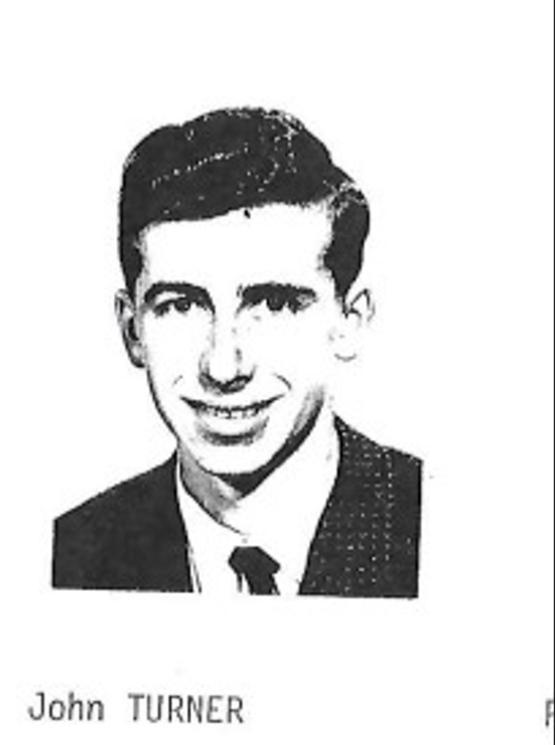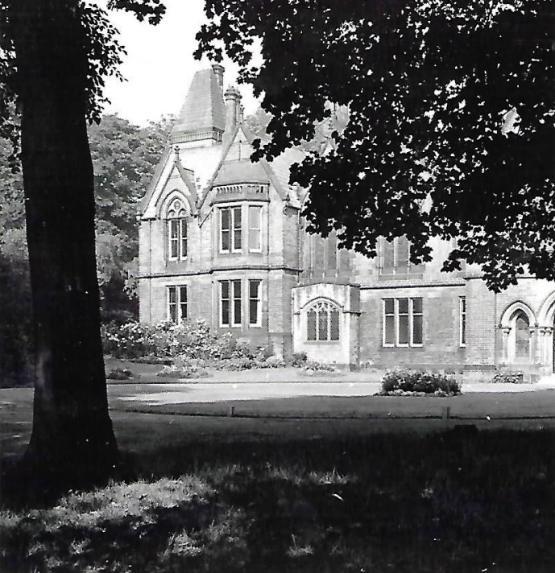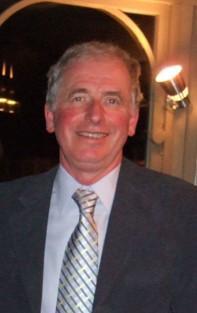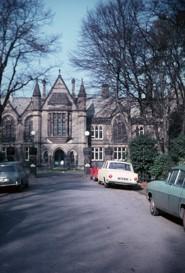Class of ‘64 graduate shares memories of School of Management's origins
John Turner has enjoyed a successful career as an economist and econometrician with companies including Chrysler, Esso, Ford of Europe and the European Automobile Manufacturers Association (ACEA), but he says none of it would have been possible were it not for the tutelage he received in 1964 as one of the first students of Bradford Management Centre - now the School of Management at the University of Bradford.

He was also a ‘guinea pig’ for the Centre’s foray into offering work placements to undergraduates.
The School of Management is currently marking its 60th anniversary year - it actually predates the university (of which it is now a part) by just over two years.

Sixty years ago, Bradford Management Centre enrolled around 50 students, offering courses such as business studies, public administration, accountancy and management science.
Two years into his course, John went on a six-week-long work placement at Sheffield-based steelmakers United Steel (which would later become part of British Steel), working in their Samuel Fox division. Here he helped them develop sales forecasts and forecasting models, as they sought market development opportunities by expanding into making stainless steel exhausts for the automotive industry.

John, now 77, who grew up in the Doncaster/Selby area but now lives in Kent with his wife, Wendy, recalled: “I was among the first cohort of BSc Business and Administrative Studies students in 1964 and was the first student to go on a work placement. I was their ‘guinea pig’, if you will, because it had never been done before. I enjoyed it thoroughly, as well as gaining a first-hand insight into business practices. Also I got to put into practise some of the economic & statistical techniques I had learnt on the course, so it was, in all, very beneficial. Upon my return, I wrote up my experiences and these were eagerly awaited by members of staff.
“I went on to have a successful and enjoyable career for a number of companies. The tutelage I received at Bradford formed the bedrock on which I built my career. I’m pleased to see that 60 years on, what is now the School of Management is still as relevant and forward thinking as it was then.”
After graduating with a 2.1, John was immediately offered a PhD, which he started but later switched to a MSc by research, after being “seduced” by a lucrative opportunity in business - he was awarded his MSc in 1971. His research was however later published as an innovative book – “Forecasting Practices in British Industry.”
He added: “My time at Bradford enabled me to position myself immediately, as a professional business economist, which was reinforced by my long-term membership of the Society of Professional Economists.”

John joined the Economics department of Ford of Europe in 1973, just ahead of the first oil crisis. Latterly, he moved to work for the Brussels-based European automotive trade association, ACEA, where he contributed to formulating Europe-wide industry positions on CO2 emissions and global warming.
Today, the School of Management is part of an elite group of business schools worldwide with the triple-crown of accreditations - AACSB, AMBA and EQUIS. It was recognised by the Times Higher Education Business School of the Year 2021 for its commitment to driving economic and social regeneration, extra-curricular support to students, reskilling alumni and helping local business throughout the COVID-19 pandemic.
Professor Sankar Sivarajah, Dean of the School of Management, said: “John’s story is both heart warming and inspirational. It takes us all down memory lane and we are able to appreciate the impact that business education has had on people’s lives and the society that we live in. Our modern day School of Management is one of the oldest in the UK, and it is encouraging to think that after 60 years, we are still relevant and progressive in our approach.”
“We are proud to have created an environment that enables current and future business leaders to flourish and to make a difference in the world. Our broad range of courses are designed, with our industry partners, to respond to the rapidly evolving business landscape. Our research is distinctive, relevant and is helping to shape the world we live in.”
